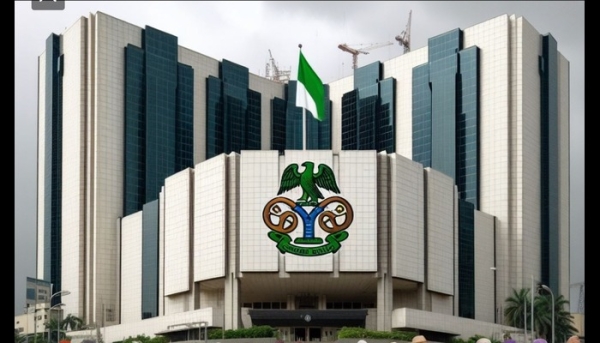The House of Representatives has moved to investigate the circumstances that led to the mass retirement of 1,000 staff members of the Central Bank of Nigeria (CBN).
The House, during its plenary on Tuesday, also resolved to ascertain the N50bn payoff earmarked for the settlement of the entitlements of the affected staff.
This followed the adoption of a motion of urgent public importance raised by the member representing Ohaozara/Oncha/Ivo Federal Constituency of Ebonyi State, Rep Kama Nkemkama.
The apex bank is reportedly preparing to retire approximately 1,000 of its employees as part of its strategic workforce realignment.
Speaking on the motion, Nkemkama expressed concerns over the actions of the CBN, urging his colleagues to rise to the fact-finding challenge.
He called for a probe of the N50 billion payoff money for the affected staff, stressing that the House should he concerned about the sudden mass retirement, including some directors and senior management staff.
“The development raises critical questions about the criteria for selection, transparency, and adherence to due process in line with public service guidelines and labour laws.
“The disengagement of the staff members has socio-economic implications for the affected individuals, their dependants, and the broader economy, potentially leading to increased unemployment and public dissatisfaction,” he argued.
Nkemkama, who was elected on the platform of the Labour Party, said a payoff scheme amounting to N50bn may lack sufficient accountability and oversight mechanisms.
This, according to him, posed risks of mismanagement and abuse of public funds in a sector vital to the country’s financial stability.
The House agreed with his point of view and resolved to set up an ad hoc committee to investigate the matter.
The Reps also resolved to critically examine the N50bn payoff scheme to ensure transparency, accountability, and proper utilisation of funds.
Similarly, the leadership of the House resolved to engage the leadership of the CBN to evaluate the potential economic and institutional impact the mass retirement has on the country’s financial sector.
The lower legislative chamber also urged the CBN to suspend further implementation of the retirement exercise and associated payoff scheme pending the outcome of its investigation.
It called on the Federal Ministry of Labour and Employment to ensure that the rights of the affected staff members are protected in accordance with extant labour laws.


